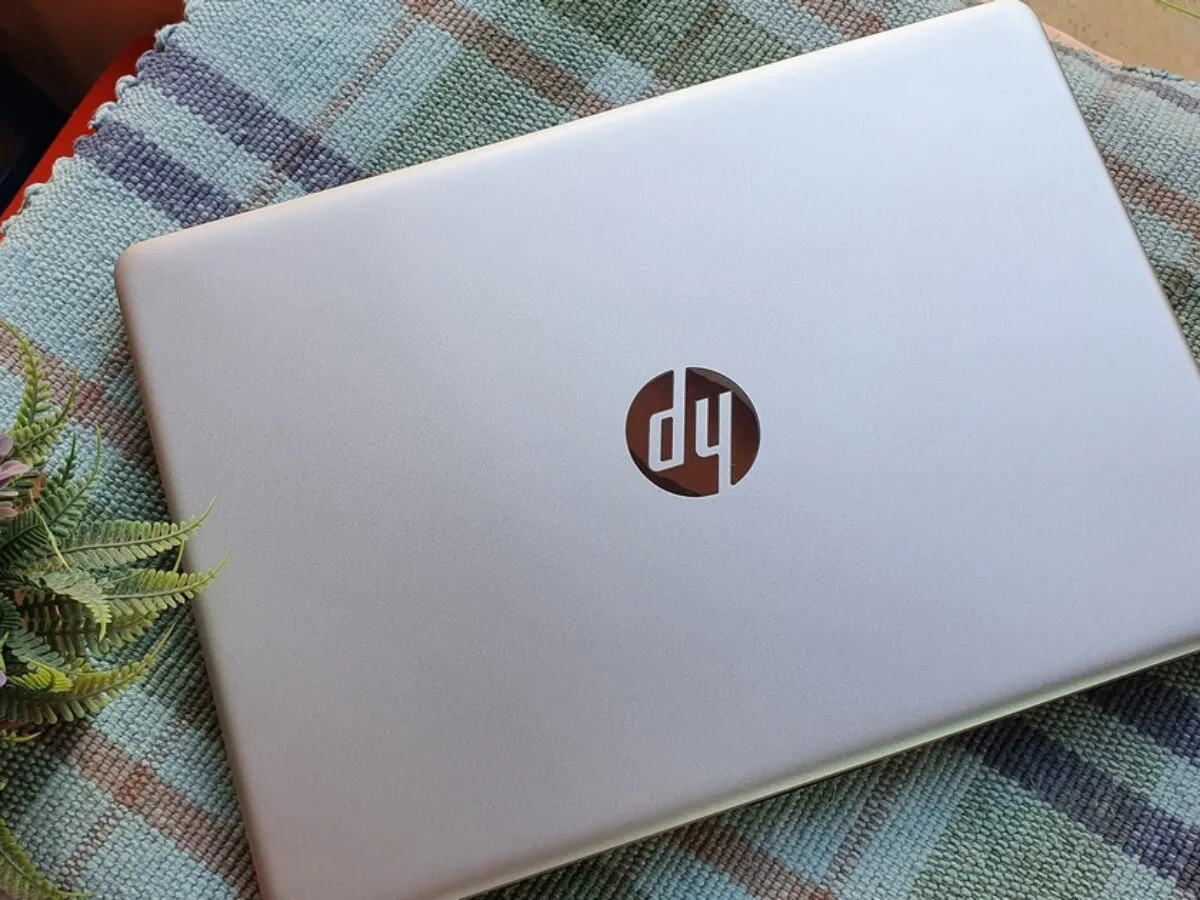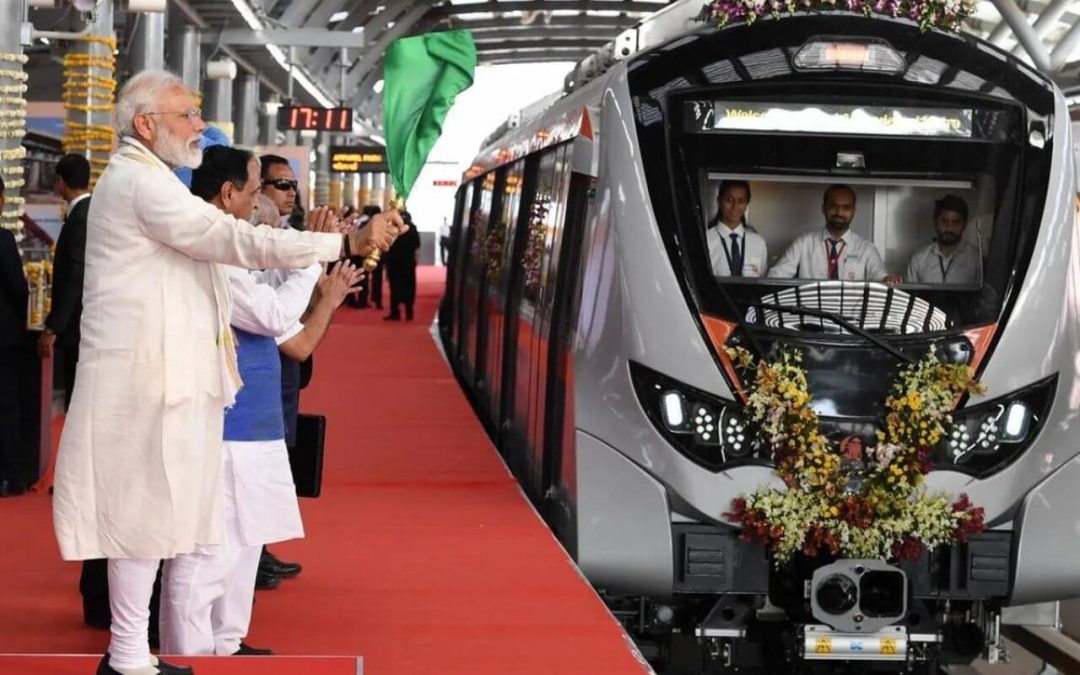Market leader Hewlett-Packard (HP) has taken a big step towards bolstering its presence in the Indian manufacturing landscape. With over 30 per cent market share in the Indian PC space for 2022 (as per IDC), HP has formally applied for participation in the Production Linked Incentive scheme 2.0 (PLI 2.0). Sources at the Ministry of Electronics and IT (MeitY) told Business Today that with the participation in the PLI 2.0, HP is eyeing an expansion of its manufacturing operations to include consumer PCs within the country. As per the threshold of the scheme, HP is expected to invest between Rs 250–300 crore for manufacturing in the country.
“HP is a longstanding partner of India’s digital transformation journey and one of the pioneers of the country’s IT manufacturing sector. We welcome the PLI scheme for IT hardware manufacturing and look forward to exploring new opportunities to meet the growing demand for PCs. India is a dynamic growth market, and we are excited about the possibilities ahead,” said the company.
The company has been already manufacturing a range of commercial laptops, desktops, All-in-One (AIO) PCs and Workstations in the country. It was one of the first few companies to commence manufacturing PCs in India in 2006. However, in 2020, HP consolidated and shifted its manufacturing to Chennai contract manufacturer Flex’s facility.
The PLI for IT Hardware was first announced in May 2021 to establish India as the global manufacturing hub for laptops and tablets and increased participation in the global value chain of electronics. With a budget outlay of Rs 7,350 crore, the scheme attracted both global and Indian IT hardware manufacturers. However, two years later, there was still a significant gap between targets and actual investments. This has led to the launch of PLI 2.0 by the Indian government with a budget outlay of Rs 17,000 Crore in collaboration with the industry.
“The first PLI had limited success, with 3/4 companies able to achieve their targets and claim incentives. However, MeitY has come out with PLI 2.0, which has provided additional incentives and flexibilities, which is likely to help boost IT hardware manufacturing in the country,” says Col Suhail Zaidi (Retd), Director General, Manufacturers’ Association for Information Technology (MAIT) – an apex body representing the ICT and electronics manufacturing sector for India.
This time around, to boost PLI 2.0, the government has imposed restrictions on importing IT hardware in the country, where OEMs will have to apply for licenses before import. While this move by the government has resulted in over 30 applications for PLI 2.0 to domestically manufacture information technology (IT) hardware, including laptops, tablets, servers and ultra-small form factor devices in the country, in the short term, it is likely to create a severe demand-supply gap, significantly shooting up the price of existing hardware.
With the PLI 2.0, the government is looking beyond assembly with nuts and bolts and is eyeing manufacturing and local value addition. Industry experts also expressed their concern that as per the PLI 2.0, companies will have to do printed circuit boards in India, and the ecosystem is still not ready for the same. Also, setting up facilities to make PC manufacturing viable in long run will easily take about a year. Given the lack of an ecosystem to support local manufacturing, most companies, other than CAPEX investment, will also incur losses to manufacturer hardware in India. This could result in a hike of around Rs 2,000 to Rs 4,000 for a mid-range PC locally manufactured in the country.
As a result, PC companies are demanding to defer import restrictions by at least one year, which will help them build their local manufacturing facility and attract ecosystem players as well.
Source Link: https://www.businesstoday.in/industry/it/story/hp-to-expand-manufacturing-to-consumer-laptops-as-part-of-pli-20-sources-396394-2023-08-31



